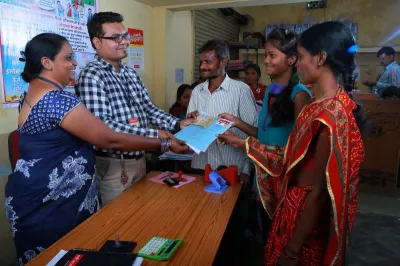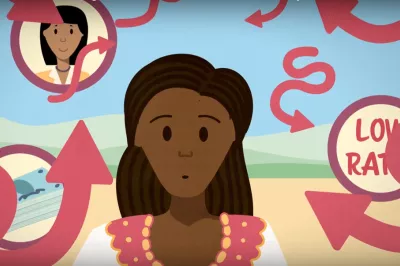Consumers do not always make financial decisions in the ways that policy makers expect. Imagine a small business owner is presented with several loan offers from her bank and other lenders. You might expect her to evaluate the offers and chose the lowest-cost option. But perhaps she likes her bank and accepts their terms instead of shopping around for the best offer. Or maybe she is influenced by a well-intentioned friend who recommends a pricier lender. Behavioral research can help policy makers to understand the predictable, but often counter-intuitive ways in which people make financial decisions. These insights can inform policies that help consumers make better decisions.
CGAP has worked with researchers and policy makers in more than 10 countries to apply behavioral science methods and insights to consumer protection solutions. Our research demonstrates the many ways in which behavioral research can better align policies with actual consumer behavior. In the Philippines, feedback from microfinance customers helped the government design a loan cost and terms disclosure form that was easier for customers to understand. In Malaysia, mystery shopping informed policy actions on disclosure and sales practices in the life insurance industry. Successes like these and many more show that behavioral research should be a mandatory aspect of any consumer protection policy.
Additional Resources
Policymakers in emerging markets are only recently starting to use behavioral methods to address consumer protection challenges. Making financial markets fair for poor consumers can be difficult, but there are some straightforward ways in which consumer protection policy can be




